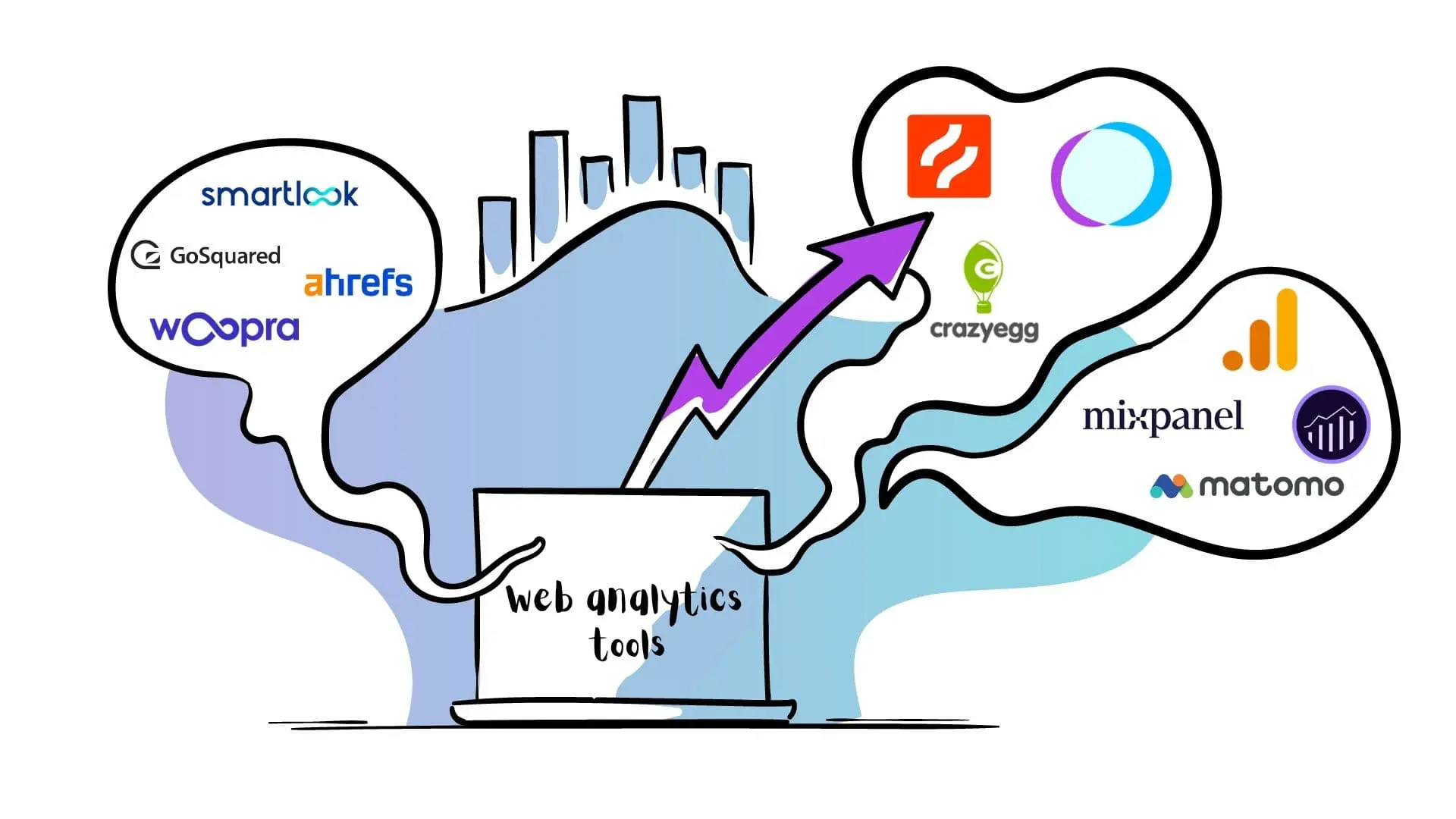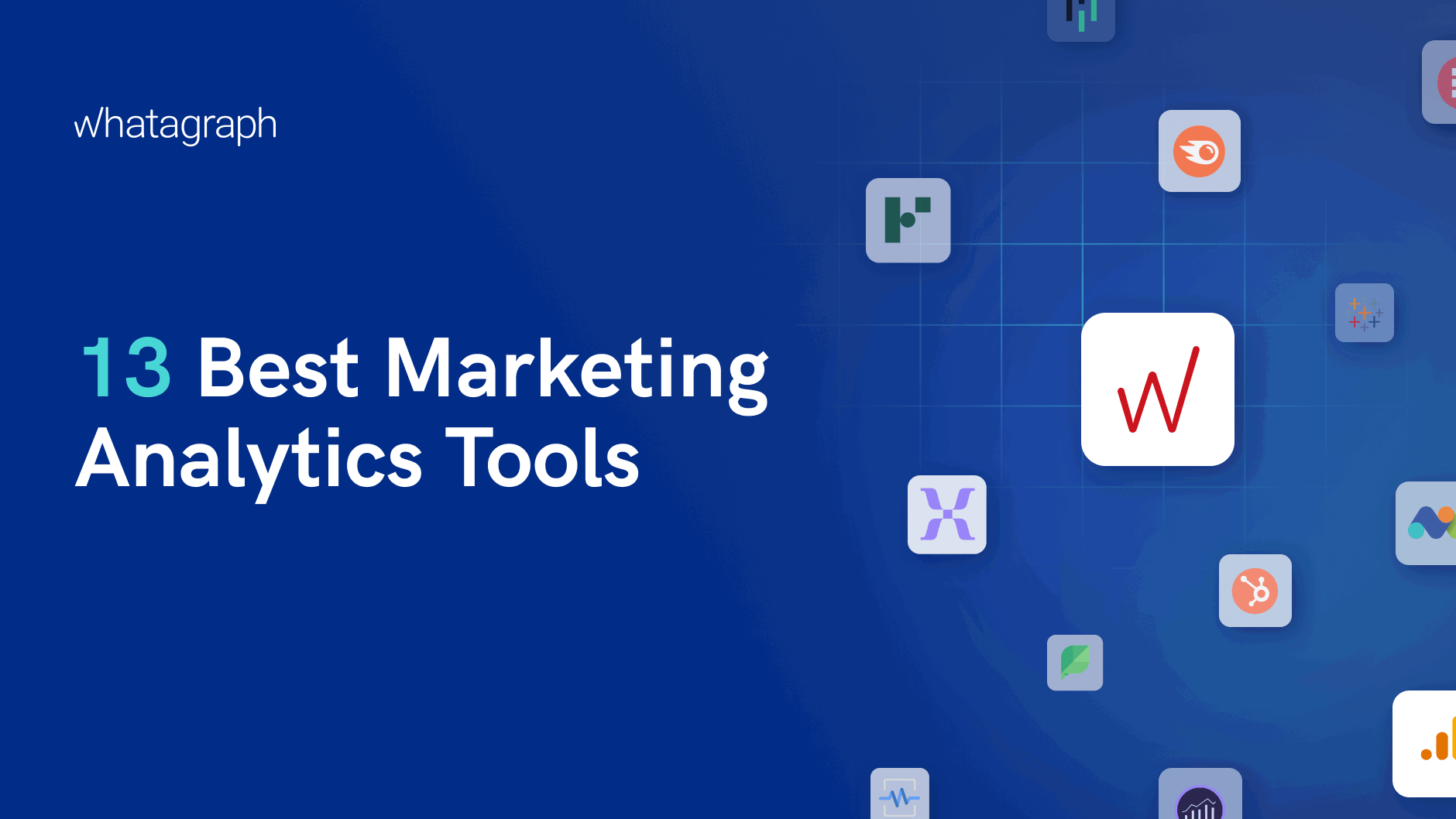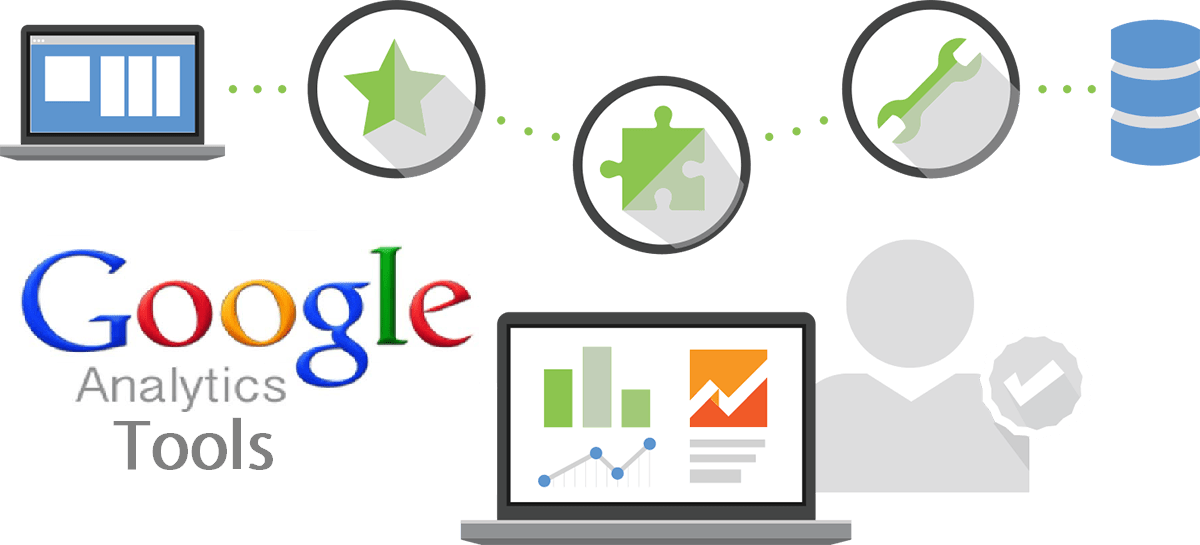Take Full Advantage Of Growth: Just How Analytics Drive Better Techniques
By harnessing data understandings, services can improve their functional approaches, expect market adjustments, and improve client involvement. The challenge lies not just in collecting data however in successfully analyzing it to drive tangible results.
Recognizing Information Analytics
Information analytics is an organized computational evaluation of information that enables organizations to discover significant patterns and insights. This procedure incorporates a selection of strategies, consisting of analytical evaluation, predictive modeling, and information mining, which jointly intend to change raw data into actionable information - Analytics. By employing these methodologies, organizations can make educated decisions that are rooted in empirical evidence as opposed to intuition alone
The structure of information analytics hinges on its capacity to manage huge quantities of information from varied resources. This includes structured data, such as databases, and disorganized information, including social media communications and consumer comments. Through the use of specialized software and tools, experts can draw out and process this data efficiently, determining trends and correlations that might not be quickly evident.
Recognizing data analytics also entails acknowledging the importance of information high quality and integrity. Accurate and trusted data is crucial for meaningful analysis; therefore, organizations need to carry out durable information governance practices. Moreover, the iterative nature of analytics enables constant refinement and enhancement of approaches, making certain that organizations continue to be active despite altering market dynamics and customer actions.
Secret Benefits of Analytics

One of the essential advantages of analytics is its capability to give actionable insights. Organizations can quickly assess large quantities of information, discovering patterns that might not be quickly obvious.
Another significant advantage is improved consumer understanding. Analytics tools enable services to section their target market, track consumer actions, and individualize advertising efforts. This targeted strategy not only improves client interaction however likewise drives greater conversion rates.

Implementing Analytics Techniques
To totally realize the benefits of analytics, companies should take on structured methods for implementation. This begins with plainly specifying goals that line up with wider company goals. By developing certain, quantifiable end results, companies can concentrate their analytics initiatives on locations that yield the greatest return on financial investment.
Following, organizations ought to prioritize information administration to ensure the integrity and protection of the information being examined. This entails establishing protocols for data collection, storage, and gain access to while sticking to relevant regulations. Guaranteeing top notch information is essential for creating purposeful understandings.
In addition, cultivating a society of data-driven decision-making is important. This requires training staff members to interpret analytics searchings for and encouraging partnership throughout departments. They are more likely to integrate understandings right into their everyday operations. when teams understand the value of analytics.
Lastly, companies need to regularly assess and refine their analytics techniques. The landscape of data and technology is continually developing, and staying versatile will certainly allow organizations to utilize new devices and approaches effectively. By applying these organized techniques, companies can maximize the influence of their analytics efforts and drive sustainable development.
Tools for Reliable Analysis
Efficient evaluation counts on a variety of devices that promote the extraction of understandings from data - Analytics. These devices can vary from straightforward spread sheet applications to sophisticated equipment discovering systems, each serving a special function in the logical process
Data visualization software, such as Tableau and Power BI, plays an important function in changing complex datasets right into easy to understand graphical depictions. These devices enable experts to recognize patterns and patterns promptly, allowing for more educated decision-making.
Analytical evaluation software application, like R and SAS, uses innovative capabilities for carrying out thorough analyses, consisting of regression, theory testing, and predictive modeling - Analytics. These features equip companies to draw significant final thoughts from their information, recognizing possible possibilities and threats
Moreover, database monitoring systems such as SQL and NoSQL databases provide the essential infrastructure for keeping and quizing large volumes of data effectively. They make sure that information is arranged and easily accessible for evaluation.
Last but not least, business intelligence platforms incorporate different information resources, supplying a thorough sight of business performance. By using these devices successfully, services can improve their analytical capacities, allowing them to develop techniques that maximize development and boost general efficiency.
Study of Success
Successful companies commonly read the article leverage data analytics Full Article to drive impactful strategies, as shown by a number of noteworthy case researches. One popular instance is Netflix, which makes use of advanced algorithms to analyze audience preferences and actions. By utilizing these insights, Netflix has actually effectively tailored its content referrals, leading to increased customer interaction and customer retention. Their data-driven method has actually certainly added to their standing as a leading streaming solution.

Additionally, Starbucks employs data analytics to identify optimal shop locations and refine its product offerings. By checking out consumer demographics and purchasing patterns, Starbucks successfully identifies high-potential markets and tailors its menu to neighborhood preferences, driving sales and consumer commitment.
These study show that effective use of information analytics can cause calculated benefits, promoting development and development within companies across different industries.
Conclusion
In conclusion, the assimilation of analytics into business techniques substantially enhances decision-making processes and cultivates sustainable development. The effective execution of analytics tools further sustains agility and technology, allowing companies to navigate affordable landscapes with higher accuracy.
Data analytics is an organized computational analysis of information that enables companies to uncover purposeful patterns and insights.Comprehending information analytics also includes recognizing the my review here value of data high quality and honesty. Trusted and precise information is critical for meaningful evaluation; hence, organizations have to implement durable information administration practices.Next, organizations should prioritize information administration to ensure the integrity and protection of the information being evaluated.Effective companies often leverage data analytics to drive impactful methods, as shown by a number of significant instance researches.